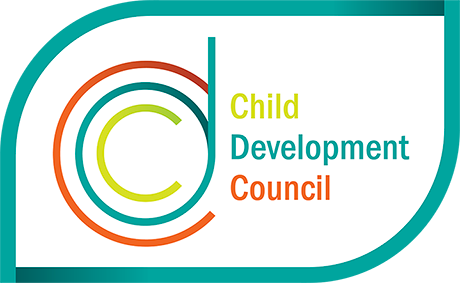CYP Matters
Respect and listening
Should we be talking with children about skin colour?
Staying silent or telling a child to keep quiet is a strong message. If children hear nothing about race or skin colour (especially when they ask), the message we give them is that there is something taboo about that topic. More >
More than just risk
Studies to date on LGBTQIA+ online experiences have often spoken about the family in terms of ‘risk’. New research shows that for certain LGBTQIA+ young people social media sites, like Facebook and Instagram, are actually spaces to maintain ties with family and care for them. More >
Strong culture, strong youth: our legacy, our future
Cultural determinants originate from and promote a strength-based perspective, acknowledging that strong connections to culture and Country build strong individual and collective identities, self-esteem, and resilience. More >
Enjoying and achieving
In2School program helping to win back ‘school refusal’ kids who struggle to learn
The In2School program’s primary aim is to get students re-engaged, starting with small groups of students whose attendance rate is less than 50 per cent. More >
Melbourne University academic suggests more play, less desk time could help kids learn better
Australian children spend more hours at school doing formal instruction than any other in the world, and children would benefit from less formal instruction and more time for play and physical activity during school hours. More >
Engaging young citizens: Civic education practices in the classroom and beyond
Some of the most successful practices targeting the development of civic skills and values in schools promote experiential learning practices which empower children by placing them in the centre of the learning process. More >
Participation
Growing up making decisions
Many young people with cognitive impairment grow up without the support and skills to express their will and preference to make decisions about their life. This is likely to result in others making decisions on their behalf. More >
Prepared for adult life
Education to focus on fundamental human traits as AI nibbles on creativity
Loxton High School Principal, Amy Evans, says her focus has turned towards amplifying fundamental human qualities which artificial intelligence cannot reproduce by setting up subjects, the school, and the curriculum so young people are directed towards solving real-world problems that can’t be solved through computation. More >
Health and wellbeing
It’s illegal to sell vapes to anyone under 18 – so how do so many get into schools?
The regulation of vaping products will be the subject of a Queensland government inquiry. It will also look at what chemicals are in e-cigarettes, and the health risks linked to them. More >
Podcast: Supporting children’s mental health and wellbeing in schools
This podcast explores what education professionals can do to build a positive mental health culture in schools and recognise when young people are struggling. The episode also looks at how to manage safeguarding concerns and supporting young people to open up. More >
‘Up periscope’ – a DIY manual for how we can all see our cities through the eyes of a child
A height of 95 centimetres might not seem much but that, of course, is the reality experienced by countless numbers of children and young people, and so this new scheme is designed to bring adult users down to that size. More >
Poverty in Australia 2023: Who is affected
One in eight Australians fall below the poverty line, with one in six Australian children falling into that category as well. 72% of people on parenting payment are also below the poverty line. And if you are relying on Youth Allowance your average weekly income is $390pw below the poverty line. More >
Place Matters: The Environment We Create Shapes the Foundations of Healthy Development
Rapidly advancing science around early childhood development provides clear evidence that, beginning before birth, environmental conditions shape how children develop, shaping lifelong physical and mental health. More >
Young people and eating disorders
These animated videos from the UK about young people and eating disorders aim to tackle misconceptions around eating disorders and educate professionals on how to support young people with the conditions. More >
Safe and nurtured
Which programs reduce maltreatment and improve safety for vulnerable children?
Child harm and maltreatment can have profound impacts on children’s wellbeing, physical, psychological, emotional, behavioural and social development. Impacts can extend into adulthood and poorer outcomes in later life. More >
Updated Charter of Rights for Children and Young People in Care Flashcards
Fun and interactive flashcards from the SA Office of the Guardian for Children and Young People are an excellent tool for children and young people who have disability or additional support needs to learn about their rights. More >
Kimberley youth take to TikTok to fight juvenile crime trends by teaching kids about the law
While TikTok has been implicated in elements of the youth crime crisis in a number of remote Australian towns over the past few years, one group of young leaders in Western Australia’s far north hope the app can be a force for change. More >
Youth justice in Australia 2021-22
This report looks at young people who were under youth justice supervision in Australia during 2021–22 because of their involvement or alleged involvement in crime. More >
The prevalence and impact of child maltreatment in Australia: findings from the Australian Child Maltreatment Study – brief report
The Australian Child Maltreatment Study (ACMS) has generated the first nationally representative data on the prevalence of five types of child maltreatment in Australia, and their associated health impacts
through life. More >

